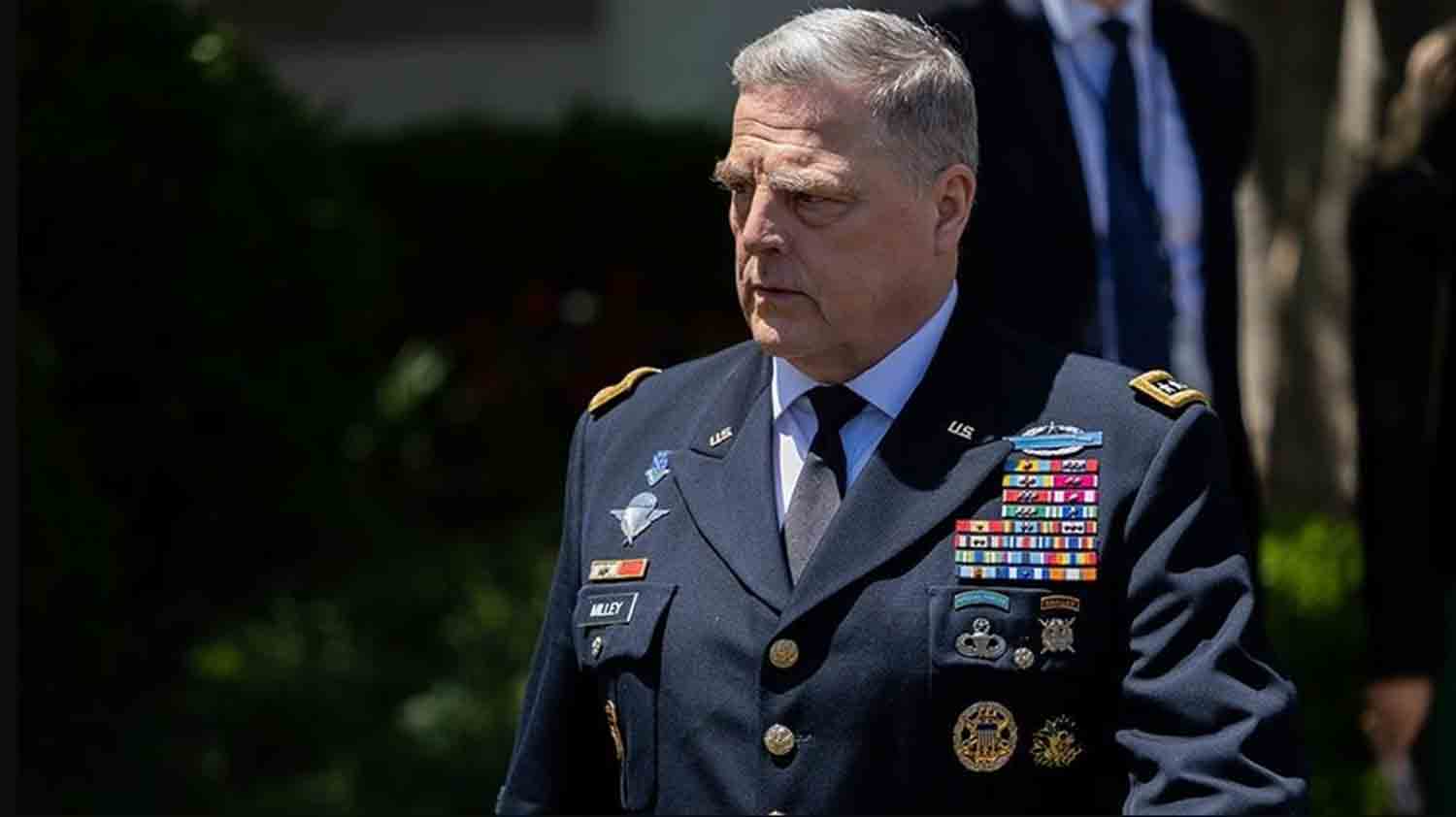US President Donald Trump announced on Friday that Japan’s Prime Minister Shigeru Ishiba is scheduled to visit him at the White House next week, expressing his anticipation for their discussions.
“They’re coming in to speak to me, and I’m looking forward to it,” Trump stated to reporters in the Oval Office.
The meeting is set for Friday, February 7. According to Japan’s Asahi newspaper, the two leaders will focus on enhancing economic and security collaboration between their nations.
Ishiba, who assumed office in October, shortly before Trump’s reelection, aims to establish a personal rapport early in the president’s second term and strengthen Japan’s vital alliance with the US, particularly in light of shared concerns regarding China’s increasing influence, as reported by sources familiar with the situation.
During the meeting, Ishiba intends to emphasize the contributions of Japanese companies to job creation in the US and the recent increases in Japan’s defense budget, according to these sources.
Shinzo Abe, Ishiba’s predecessor, who implemented significant defense reforms and was tragically assassinated in 2022, had a strong relationship with Trump during the former president’s first term.
Analysts suggest that Ishiba will seek to build on this foundation, despite apprehensions regarding Trump’s threats of tariffs aimed at addressing trade imbalances.
Officials informed Reuters that Japan is contemplating support for a $44 billion gas pipeline project in Alaska as a strategy to engage Trump and mitigate potential trade tensions.
While Japan has reservations about the feasibility of the proposed 800-mile pipeline, which Trump has described as essential for US prosperity and security due to its cost implications compared to other energy sources, it is willing to explore a deal if requested, according to the officials.
Tokyo may consider including this commitment alongside other concessions, such as increasing purchases of US gas and boosting defense spending and manufacturing investments in the US, in an effort to reduce its $56 billion trade surplus and avert the imposition of tariffs, one official noted.
On Thursday, Pete Hegseth, the U.S. Secretary of Defense, engaged in a phone conversation with Japan’s Defense Minister Gen Nakatani. The Pentagon’s summary of the call emphasized the significance of the U.S.-Japan alliance, describing it as “the cornerstone of peace and security in the Indo-Pacific region,” which is likely to have reassured Japan.
According to the Pentagon’s statement, both officials underscored the necessity of enhancing defense collaboration to bolster deterrence and promote a mutual vision for a free and open Indo-Pacific.
Shinzo Abe was the first foreign leader to meet with Trump following his election victory in 2016, but this time, Israeli Prime Minister Benjamin Netanyahu is expected to take that distinction.
Nicholas Szechenyi, who leads the Japan program at the Center for Strategic and International Studies in Washington, noted that Ishiba’s primary goal would be to affirm Japan’s commitment as a dependable ally to the United States.
He remarked that the summit would have strategic implications, signaling that alliances will continue to be a crucial element of U.S. strategy in Asia, with U.S.-Japan relations at the forefront.
Szechenyi explained that Ishiba’s position is clear: Japan is a partner that is enhancing its defense capabilities, strengthening security cooperation with the U.S., and investing in the American economy.
He also indicated that the economic agenda might take precedence during the discussions.
“Concrete proposals from Ishiba, potentially regarding energy imports or new investments in U.S. manufacturing, could enhance Japan’s standing as an economic partner and establish a positive tone for the U.S.-Japan relationship under Trump,” he added.
Discover more from Defence Talks | Defense News Hub, Military Updates, Security Insights
Subscribe to get the latest posts sent to your email.





